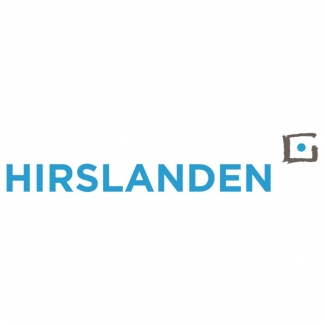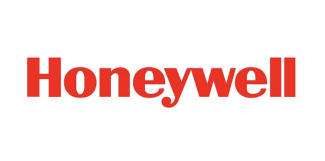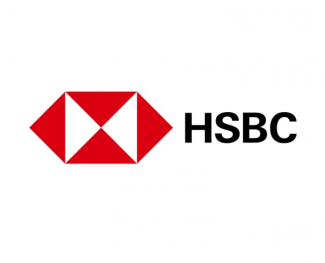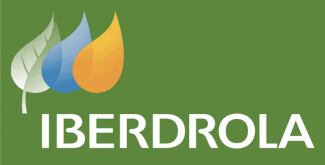Gulliver
Exposing corporate wrongdoing
Type the name of a company in the search box below. To conduct a wider search, please pick from one (or more) of the drop down menus below.
Hirslanden
Hirslanden is Switzerland’s largest private medical network. It is a wholly owned subsidiary of South Africa’s MediClinic International, owned by South Africa’s richest man Johan Rupert. It has come under scrutiny, among other things, for one of its doctors refusing to provide treatment to a Russian HIV patient during the Ukraine war; using ribbons to divide patients into private, partially private, or publicly insured; and vaccinating its billionaire owner against Covid-19 before the official start of the vaccination of patients.
Honeywell International Inc
Honeywell International is a technology and manufacturing company based in Charlotte, North Carolina. Founded in 1906, and long associated with thermostats, it also designed and manufactured cluster bombs; the electronic systems used to drop the atomic bombs on Japan in 1945; as well as the controls for B-52 bombers, nuclear submarines, the MX intercontinental ballistic missiles, Pershing II and Trident nuclear missile systems. After the company became a primary target of the anti-war movement in the 1960s, Honeywell helped the Federal Bureau of Investigation to spy on the activists. After the activists sued the company for interfering with their right to protest, Honeywell agreed to pay for cluster bomb removal in Laos.
HSBC
HSBC (formerly Hong Kong and Shanghai Bank) was founded in 1865. HSBC has been charged on multiple counts of laundering money for groups like the Sinaloa drug cartel via a scheme by which anyone in Mexico was allowed open a U.S.-dollar account at the “Cayman Islands branch” of HSBC Mexico. It has paid out two sets of fines for $249 million and $470 million for abuses in seizing and selling houses whose owners have fallen behind with mortgage repayments, as well as $765 million in fines for its role in the U.S. subprime mortgage crisis. HSBC has also paid out $618 million in fines to the U.K and the U.S. governments for its role in the global foreign exchange rate fixing scandal.
Huntsman Corporation
Huntsman Corporation is a chemical manufacturer. Founded in 1970 and headquartered in The Woodlands, Texas, it expanded by buying up Texaco’s chemicals business in 1994 and Imperial Chemical Industries’ (ICI) chemical business in 1999. (The rest of Texaco merged with Chevron and ICI merged into AkzoNobel). Huntsman became infamous in 1997 after it attempted to clean up an old polymer plant in Odessa, Texas, by setting fire to thousands of pounds of waste chemicals like benzene, butadiene, ethylene and propylene. Community members filed over 3,500 complaints of health problems such as bloody noses, trouble breathing, nausea and sued the company. Huntsman eventually agreed to pay $3 million in compensation to 4,000 individuals.
Iberdrola
Electric utility Iberdrola owns multiple major utilities around the world like Neoenergia in Brazil, Scottish Power in the U.K. and Avangrid in the U.S. In Spain, where the company is based, it was accused of generating a ‘false drought’ by emptying the Valdecañas reservoir in Cáceres province, causing the price of electricity to spike. It also operates the Cofrentes nuclear power plant, the biggest in the country, which has been a target of protests because of the radioactive waste generated.
It is a major shareholder in the consortium that built the Belo Monte dam on the Xingu River in the Amazon rainforest in the state of Pará, that displaced an estimated 55,000 people in the region, and caused the river’s flow to drop to a quarter of its previous volume.
Iberdrola has also built major wind turbines in the Isthmus of Tehuantepec in the state of Oaxaca, Mexico, on the land of the Indigenous communities. It has also been the subject of major protests in France, Spain and the U.K. over its massive offshore wind power projects.




